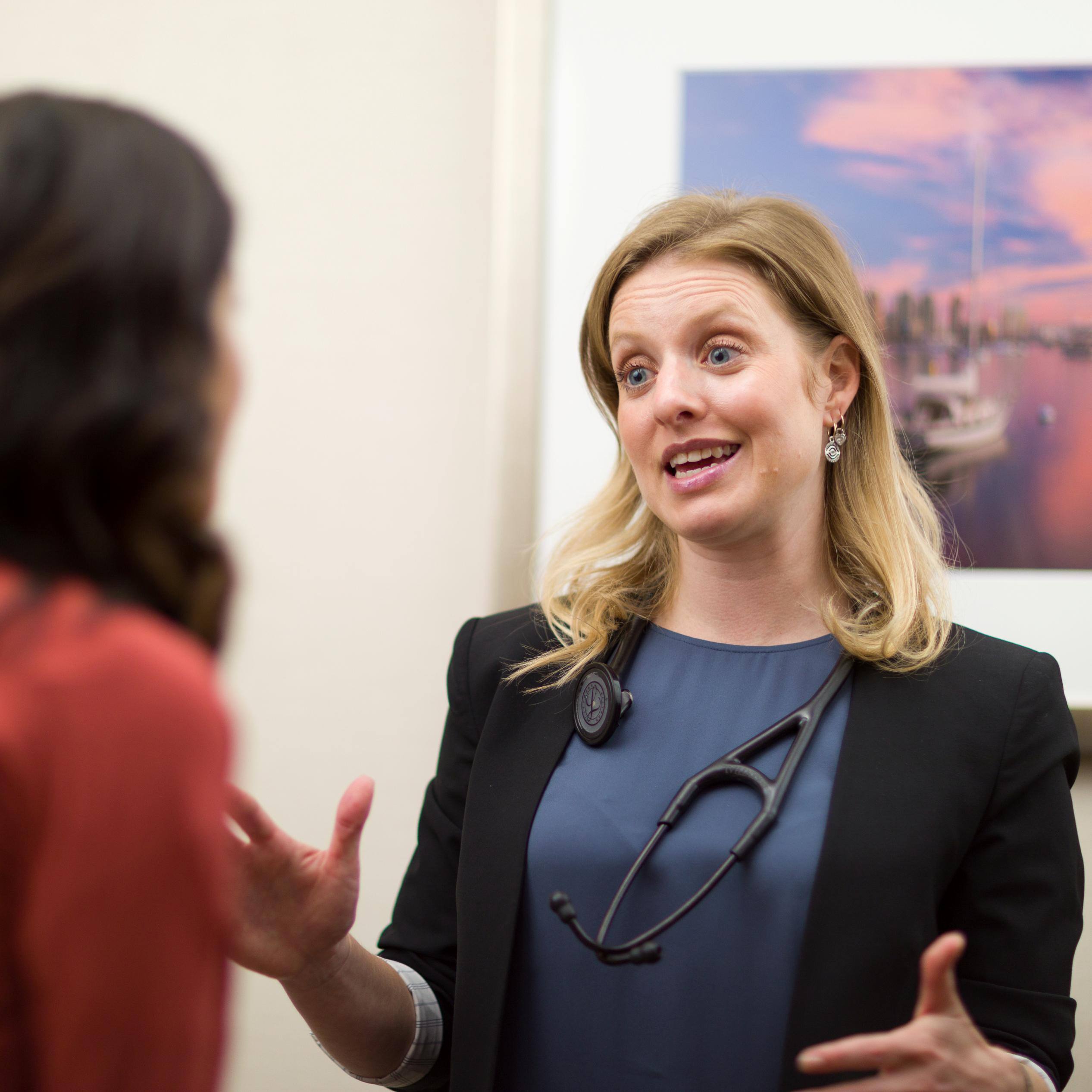-
Mayo Clinic Minute: Does soy increase breast cancer risk?
It has sparked numerous debates. Is there a connection between soy and breast cancer? Soy contains isoflavones, which are plant estrogens. High estrogen levels have been linked to an increased risk of breast cancer. However, studies show that soy products don't contain high enough levels of estrogen to increase the chances of developing breast cancer.
Dr. Dawn Mussallem, a lifestyle medicine expert at Mayo Clinic, says consuming soy products in moderation can be beneficial.
Journalists: Broadcast-quality video pkg (1:00) is in the downloads at the end of the post. Please courtesy: "Mayo Clinic News Network." Read the script.

Many people enjoy eating soy products like tofu, soy nuts and edamame. Dr. Mussallem says the plant-based protein doesn't increase your chance of developing breast cancer.
Soy contains plant-based estrogens which don't increase breast cancer risk
"For years, I've been trying to dispel the myth about soy and breast cancer. And it seems that the message still isn't out because almost every day, every patient I see is worried about consuming soy products," says Dr. Mussallem.
Soy is packed with isoflavones, which is a type of plant estrogen (phytoestrogen) known for its beneficial properties. It has a similar chemical structure to human estrogen, but soy binds to the estrogen receptors on breast tissue differently, potentially acting as a tumor suppressor.
"Soy consumption after a breast cancer diagnosis not only is a great way for you to get a plant-based protein, it also improves your breast cancer outcomes," says Dr. Mussallem.
It is important to avoid ultraprocessed foods, including processed meat, and limit intake of red meat and high-fat dairy. Eating a wide variety of colorful vegetables and fruits, whole grains, legumes, nuts, and seeds can be helpful in preventing and surviving breast cancer.







